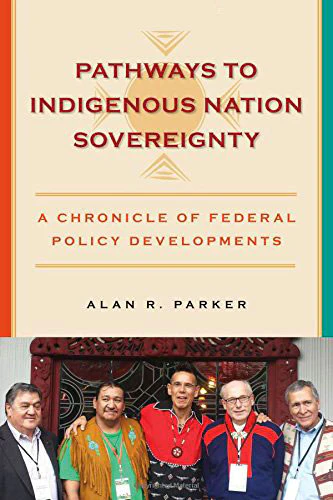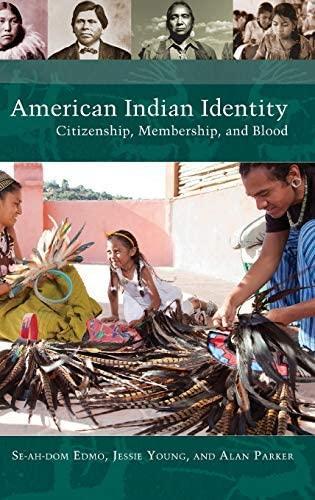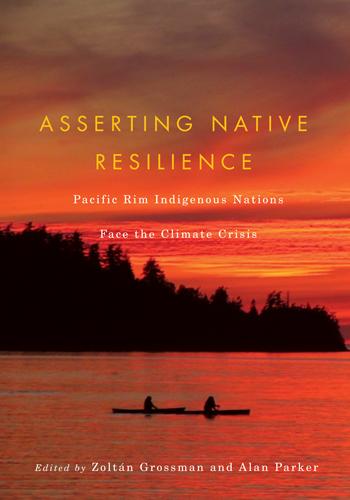
Director of the Indigenous Leadership Program
Alan R. Parker speaks at the 2014 Indigenous Leadership Award. Photo credit: Jan Sonnenmair
His life made a difference.
On August 5, 2022, Alan R. Parker walked on. Few people have had as much influence on modern-day federal legislation impacting Indigenous communities in this country as Alan Parker. In the several years he served on Capitol Hill, first as the staff director and then chief counsel of the U.S. Senate Committee on Indian Affairs, Alan worked closely with members of Congress and tribal leaders from across the country to guide passage of several key legislative achievements starting in the 1970s:
And numerous land and water claims settlements for tribes.
He was a crucial bridge between tribal leaders and powerful lawmakers, many of whom didn’t know much, if anything, about tribes, the federal-tribal relationship, and issues critical to Indigenous communities.
But Alan’s influence extended well beyond Capitol Hill. He served as the board president of the American Indian National Bank in its earliest days. At The Evergreen State College, where he taught after retiring from the Hill, he helped create the nation’s first graduate program in tribal governance. Later, he would teach courses on advancement of Indigenous nations across the western world at the Te Whare Wananga o Awanuiarangi (The Maori Indigenous University) in Whakatane, New Zealand. And, he co-chaired a special committee convened by the National Congress of American Indians to create the United League of Indigenous Nations to promote common environmental, economic, and cultural concerns among Indigenous communities along the Pacific Rim.
Ecotrust’s connection to Alan goes back many years. He served as a member of our board of directors and on several selection panels of the Indigenous Leadership Awards (ILA). Ecotrust founder Spencer Beebe said this about Alan: “Alan was courageous. He was an early voice for Native sovereignty and for Indigenous power through individual leadership, from tribal communities all the way to political power in Washington, DC. Passionate, dignified, and composed, we will miss him dearly.”
In fall 2018, Communications Director Doe Hatfield and I had the wonderful opportunity to interview Alan upon the publication of his last book, Pathways to Indigenous Nation Sovereignty: A Chronicle of Federal Policy Developments (2018). In it, he recounts the transformation of the modern tribal-federal relationship through legislation. For anyone interested in the legislative history of Native American law as told by a person deep in the trenches, this publication is required reading.
As the last question of our interview, I asked Alan why he chose to study Indian law as a young man. At first, he hesitated and didn’t provide much of an answer. I rephrased the question and gently asked again. He hesitated, then quietly described how his service in Vietnam affected his life. At the end, he said, “I witnessed many things in Vietnam that left big impressions on me. I learned life is a precious gift you are given and you need to make something of it.”
Alan Parker made a difference. He was passionately committed to improving the lives of tribal people, protecting Indigenous cultures and families, and strengthening tribal governments. Tribal nations across the country are the beneficiaries of his intelligence, perseverance, compassion, and leadership now and for many years to come.
We thank you, Alan.
Nya:weh
BOOK
Michigan State University Press (2018)


BOOK
Praeger (2016). Co-authored with Se-Ah-Dom Edmo and Jessie Young
Book
OSU Press (2012). Co-authored with Zoltán Grossman


Blog
INTERVIEW | A leading Native American attorney, respected educator, noted author, and decorated soldier, Alan R. Parker (Chippewa Cree) helped shape and secure some of the most important laws affirming Native self-determination in the past 50 years of American legislative history. Self-determination was the rallying cry—the right of American Indian tribes in the United States to govern themselves and make decisions on issues that affect their lands, peoples, and cultures.